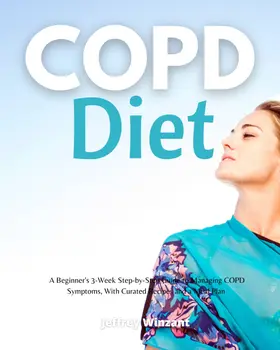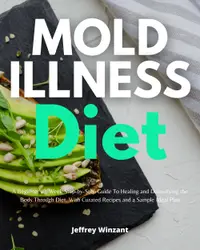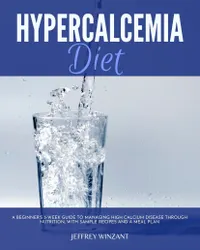Chronic obstructive pulmonary disease (COPD) is a serious lung condition that affects millions of people worldwide, characterized by obstructed airflow and difficulty breathing. COPD is most often caused by smoking or air pollution and can develop progressively over time with age. Symptoms of COPD can range from chest tightness and discomfort to fatigue, all of which can significantly impact an individual’s quality of life.
Though there is no known cure for COPD, there are treatment options available to help manage symptoms and prevent exacerbations. This can include medications, physical therapy, oxygen therapy, surgery, respiratory therapies, and lifestyle modifications such as quitting smoking. Clinicians also recommend following a healthy diet full of vitamins A and C to reduce inflammation in the lungs resulting in improved breathing capabilities.
Finally, staying hydrated while avoiding food allergens or foods that worsen respiratory symptoms such as dairy products or saturated fats can help reduce further exacerbations related to COPD. With the right treatments and lifestyle changes including proper nutrition and regular exercise - those living with this condition can experience great improvements in both their health outcomes and overall quality of life over time.
As you read through this guide, you will discover:
● What is Chronic Obstructive Pulmonary Disease?
● What are the symptoms of a person with COPD?
● What are the basic self-treatments you could do if you have COPD?
● What food are you supposed to eat, and;
● How can you implement the step-by-step diet to help you manage your COPD?
Chronic obstructive pulmonary disease (COPD) is a serious lung condition that affects millions of people worldwide, characterized by obstructed airflow and difficulty breathing. COPD is most often caused by smoking or air pollution and can develop progressively over time with age. Symptoms of COPD can range from chest tightness and discomfort to fatigue, all of which can significantly impact an individual’s quality of life.
Though there is no known cure for COPD, there are treatment options available to help manage symptoms and prevent exacerbations. This can include medications, physical therapy, oxygen therapy, surgery, respiratory therapies, and lifestyle modifications such as quitting smoking. Clinicians also recommend following a healthy diet full of vitamins A and C to reduce inflammation in the lungs resulting in improved breathing capabilities.
Finally, staying hydrated while avoiding food allergens or foods that worsen respiratory symptoms such as dairy products or saturated fats can help reduce further exacerbations related to COPD. With the right treatments and lifestyle changes including proper nutrition and regular exercise - those living with this condition can experience great improvements in both their health outcomes and overall quality of life over time.
As you read through this guide, you will discover:
● What is Chronic Obstructive Pulmonary Disease?
● What are the symptoms of a person with COPD?
● What are the basic self-treatments you could do if you have COPD?
● What food are you supposed to eat, and;
● How can you implement the step-by-step diet to help you manage your COPD?























